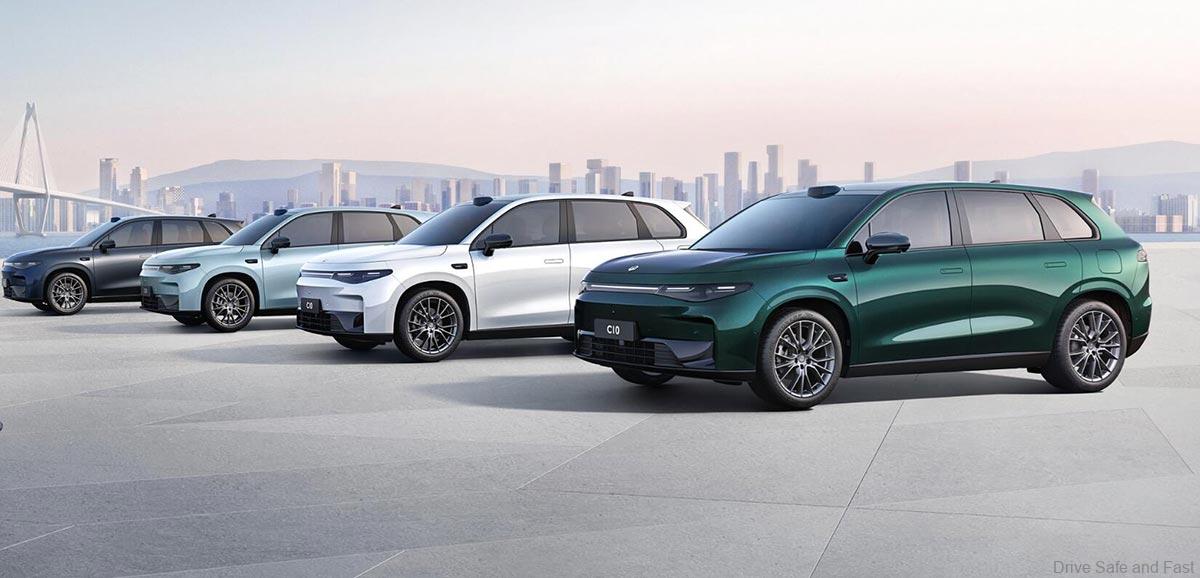It seems like the NEV will progress much faster than traditional petrol cars thanks to China
Leapmotor International, a collaboration between Leapmotor, a Chinese electric vehicle (EV) manufacturer, and Stellantis, a multinational auto company based in the Netherlands, commenced operations on 14 May 2024. Within four months, Leapmotor plans to export two of its electric models to nine European countries, including France, Italy, and Germany.
On 20 May 2024, Audi and SAIC Motor, a Chinese car manufacturer, announced a joint venture to develop a new platform for intelligent and EVs. This growing international cooperation underscores China’s leading role in global new energy vehicle (NEV) development and over the past decade, China’s automotive industry has seen remarkable growth.
Moreover, in 2023, NEV sales in China surpassed 9.49 million units, dominating over 60 percent of the global market share and comprising 31.6 percent of annual automobile sales in the country. This progress is attributed to forward-thinking industrial policies, technological innovation, and a vast domestic market.
Fu Bingfeng of the China Association of Automobile Manufacturers (CAAM) credits China’s industrial policies and investment in charging infrastructure for the NEV industry’s success. The country’s over 70 supportive policies have established a robust industrial ecosystem, creating a win-win scenario for NEV manufacturers and related industries.
On top of that, Wei Yeguo, a resident of Hainan province, testifies to the benefits of owning a Chinese NEV, highlighting significant cost savings due to affordable charging options. Favourable policies initially boosted NEV sales, while convenient charging infrastructure and low costs sustained growth post-subsidy phase-out.
China also boasts the world’s largest NEV charging network, with nearly 8.6 million facilities by 2023, and significant advancements in battery recycling and reuse. Recent achievements, like a Chinese extended-range vehicle’s record-breaking journey without recharging, demonstrate technological prowess and innovation.
What’s more, to address range anxiety and enhance user experience, Chinese NEV companies are innovating in technology and business models. For example, Jidu Auto’s AI-powered electric vehicle and Geely’s AI digital chassis showcased at the Beijing International Automotive Exhibition highlight advancements in intelligent connected vehicle technologies.
Fu anticipates continued growth in China’s NEV production and sales, projecting a record-breaking year with over 10 million units sold. This outlook underscores China’s pivotal role in shaping the future of the global automotive industry, but these goals seem a bit ambitious to me, let’s see if China can achieve them though.
We got all this from BRNN and their full article is linked here. Thank you BRNN for the information and images.




